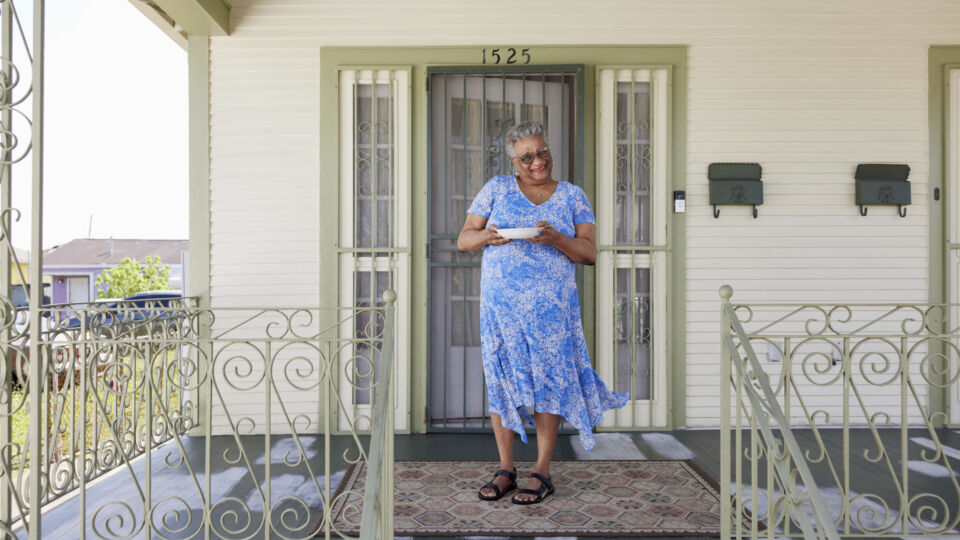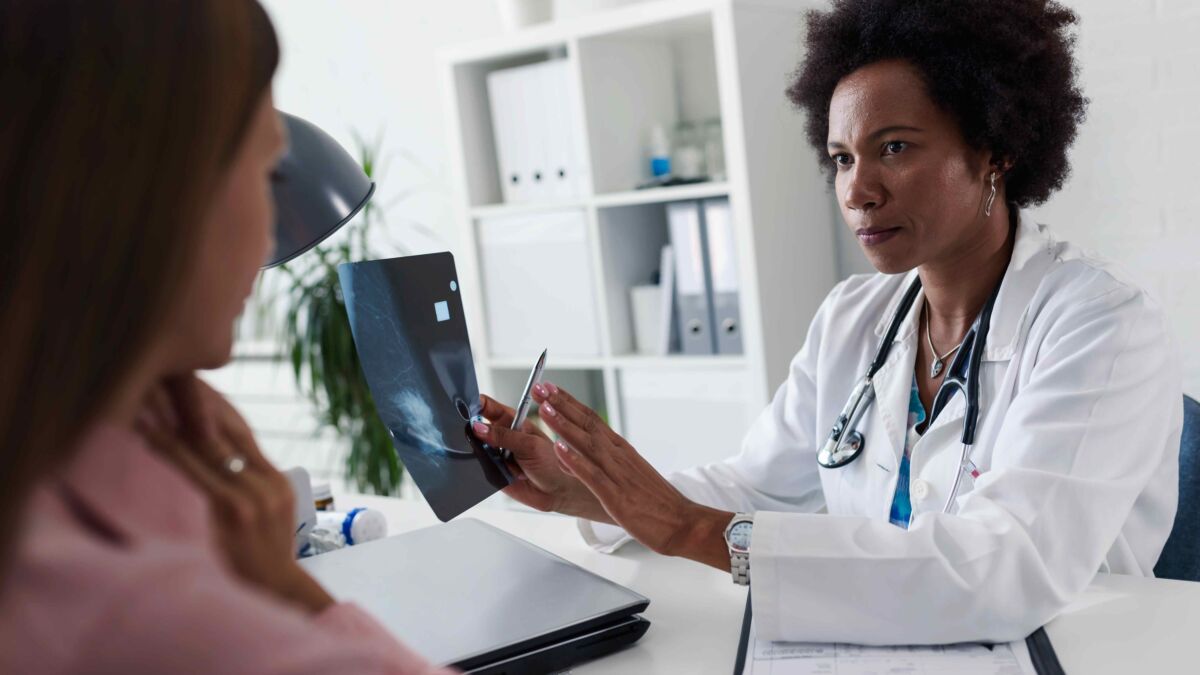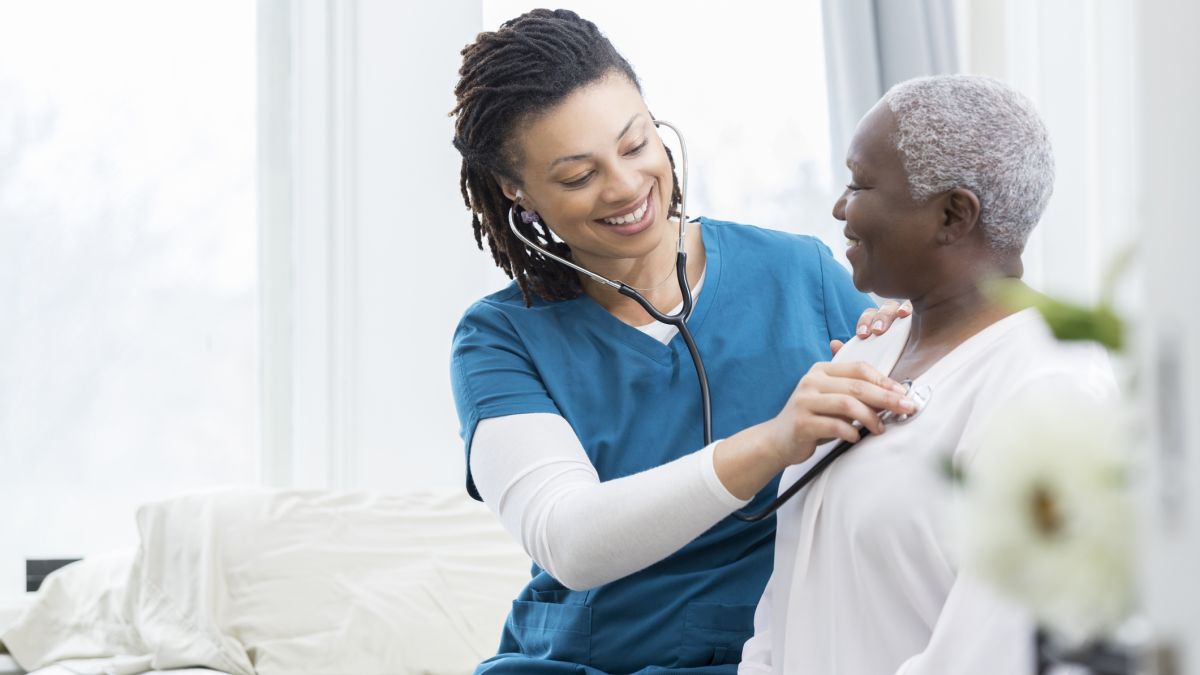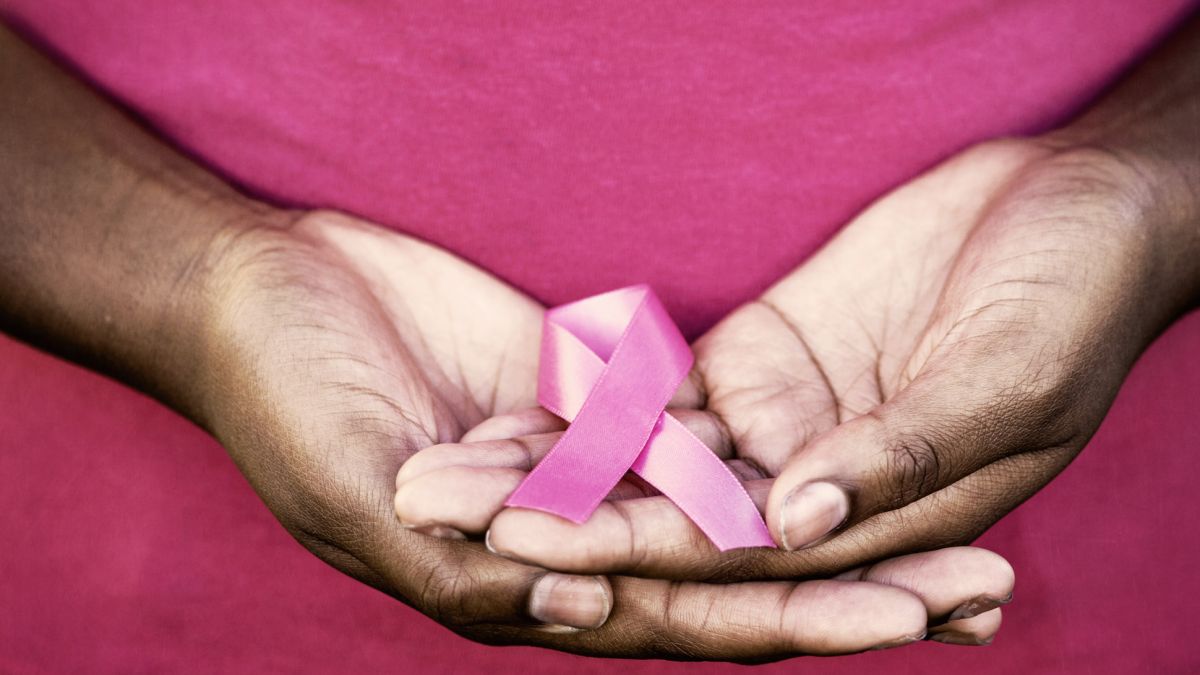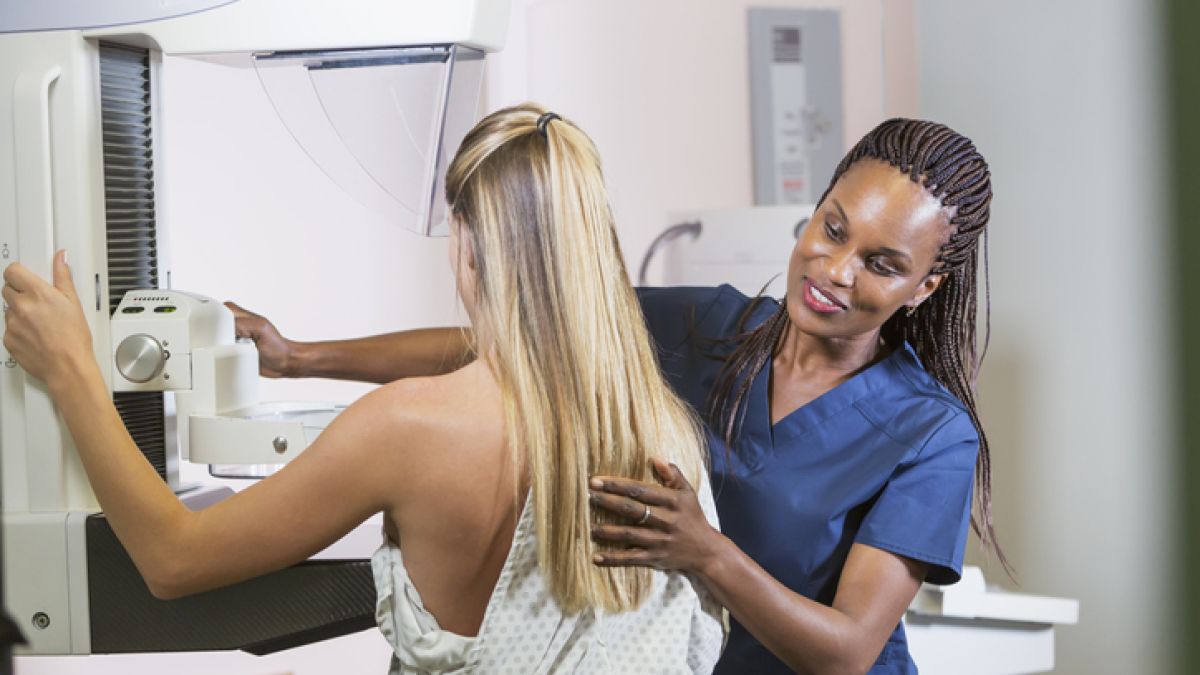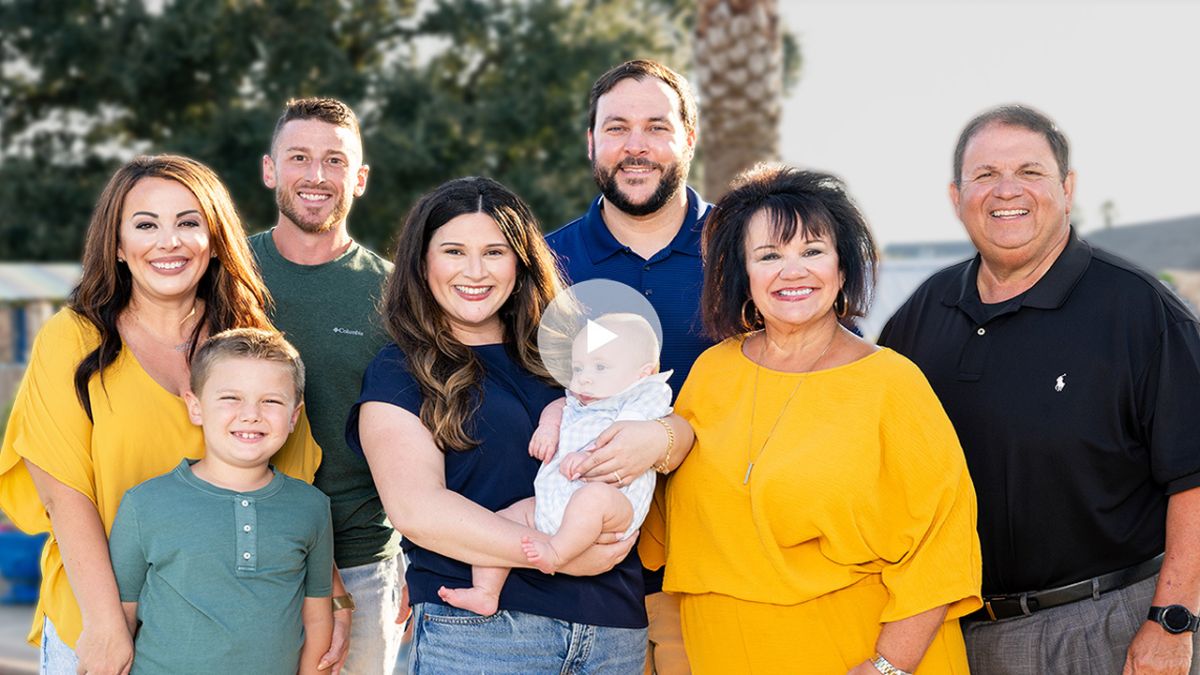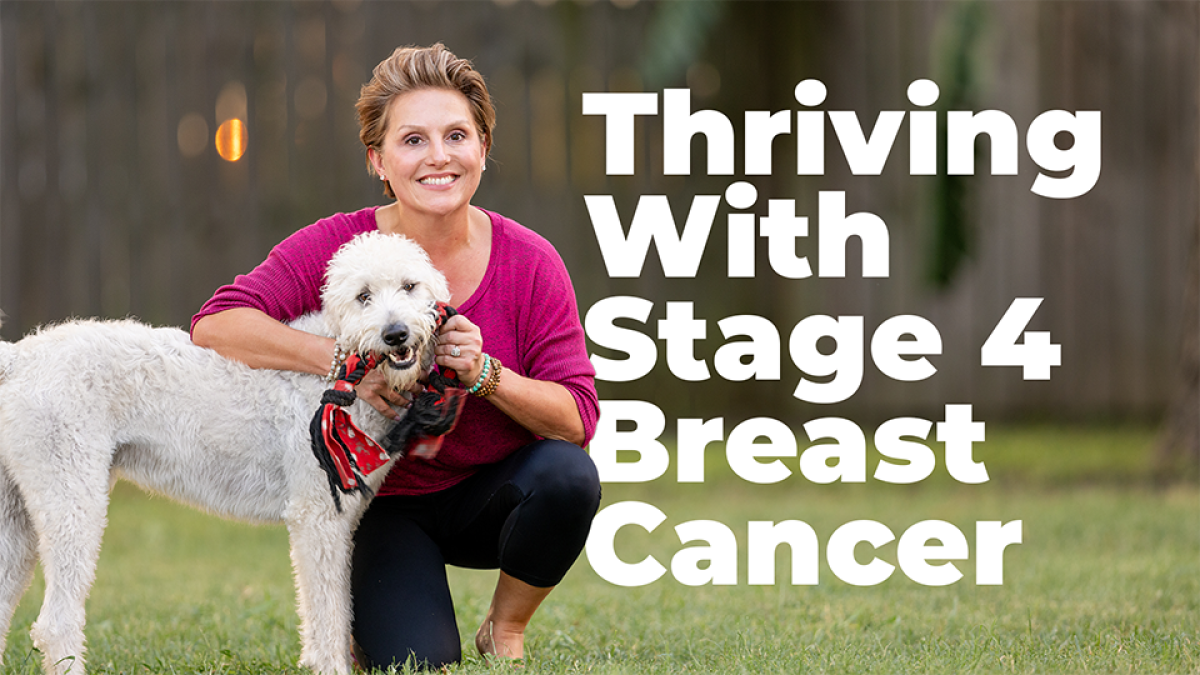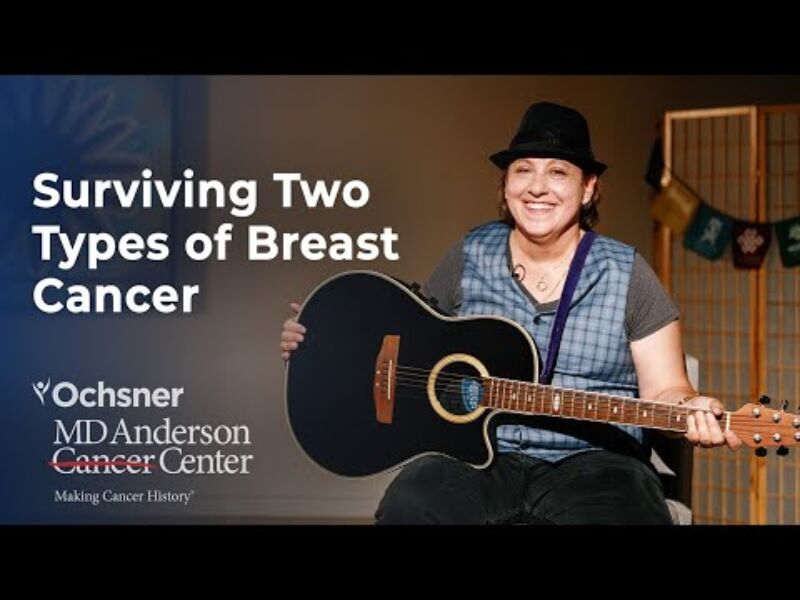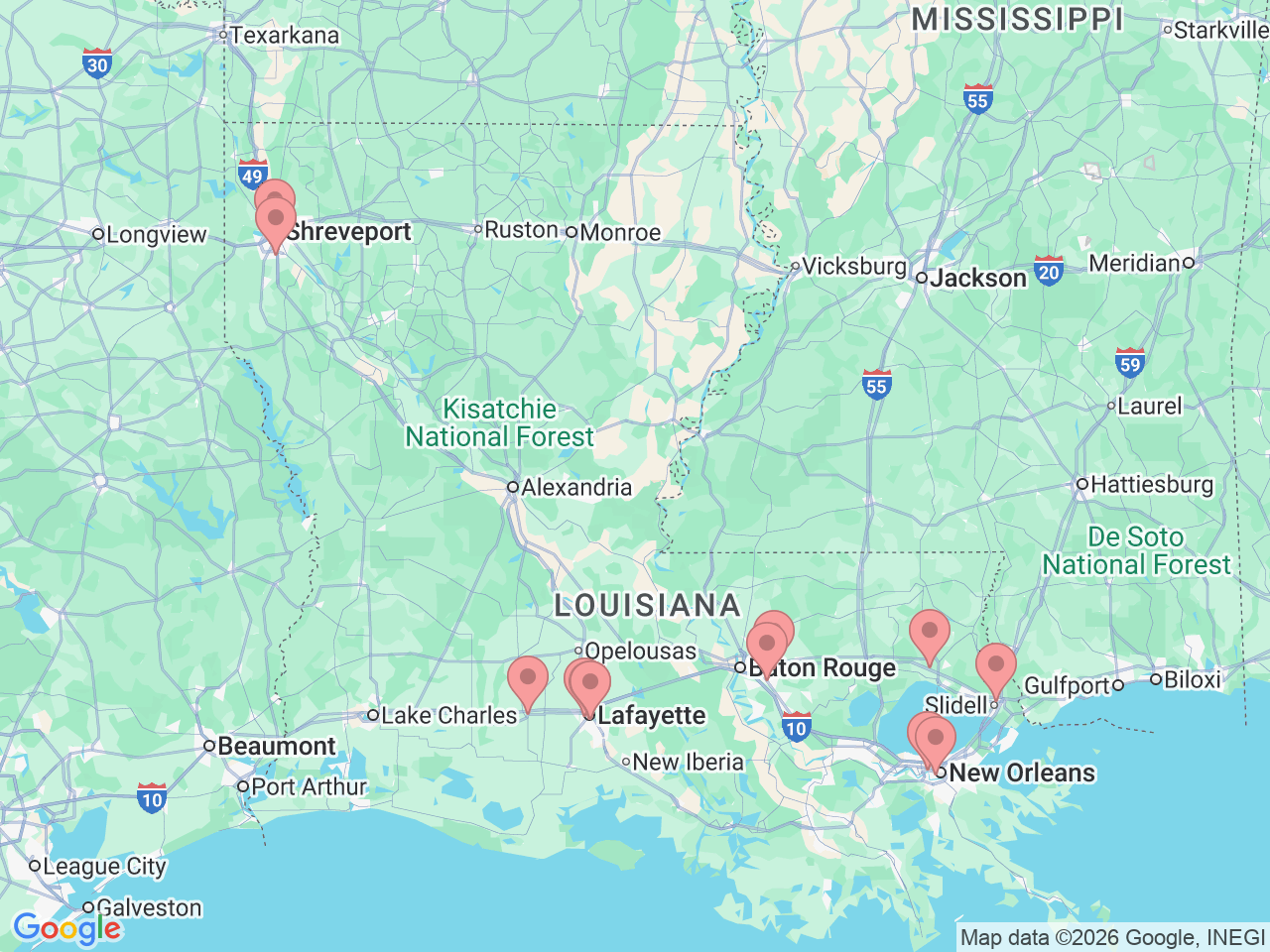Why choose Ochsner Health for your breast cancer care?
At Ochsner Health, we're leaders in breast cancer care. Our expert team of breast specialists is located across Louisiana in cities including New Orleans, Covington, Baton Rouge, Lafayette, Crowley and Shreveport.
With our top-notch technology and a caring approach, we help people feel stronger and more hopeful. Our goal isn't just to treat the disease, but to support every person through their journey. We offering everything from advanced medical care to programs that lift spirits and build community.
